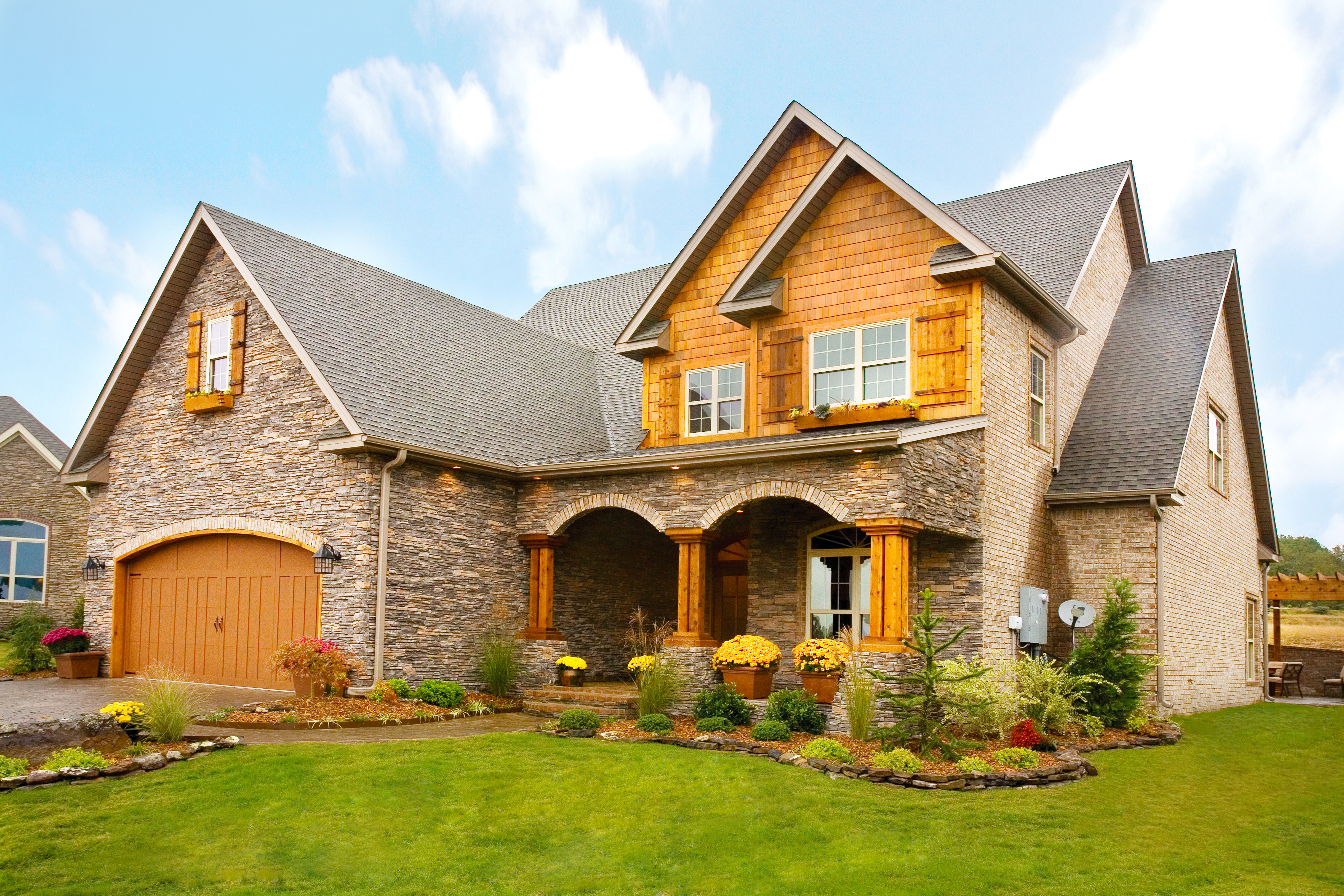Uncovering the Mysteries to Selecting an Architecture Professional

Choosing the suitable designer is one of the vital steps in turning your dream into actuality, regardless of whether you are considering a new build, an major overhaul, or simply looking to enhance your environment. With a plethora of options available, it can be confusing to know what to seek out when hiring an design professional. Comprehending custom architecture and crucial aspects that distinguish exceptional designers from the rest will help you make an knowledgeable decision that aligns with your goals and desires.
In this resource, we will uncover the strategies to picking an architect who not only comprehends your vision but also possesses the skills and experience to make it a reality. From the initial consultation to the final touches on your plan, knowing what makes a good designer can help you avoid you effort, cost, and frustration. As you navigate the selection process, we will discuss the essential traits, important questions to consider, and warning signs to be aware of, ensuring you secure the right design professional for your plan.
Key Traits of an Architectural Designer
When selecting an architect, one of the most important characteristics to assess is their ability to communicate. A competent architect should be able to articulate their ideas effectively and consider your vision, transforming your thoughts into actionable planning concepts. Transparent communication throughout the project are crucial to ensure that your requirements and expectations are met, making it necessary to find someone who is accessible and attentive.
Another significant characteristic is creativity alongside practicality. An architect should have the ability to innovate while also being aware of the constraints of your project, including cost, regulations, and site conditions. This combination allows them to innovate yet remain grounded in reality, helping you create a space that is both beautiful and functional. Look for a portfolio that demonstrates a range of aesthetic styles and methods, as this reflects their adaptability and expertise.
Additionally, a professional attitude and reliability are crucial when selecting an architect. You want someone who demonstrates a dedication to quality and punctuality, honoring both your budget and timeframes. Check client feedback or seek referrals to gauge their standing in the field. An architect who values professionalism will ensure a less stressful process, giving you trust in their ability to make your dream home happen.
Essential Questions to Consider Possible Architectural Firms
When you’re in the process of hiring an architectural professional, posing the correct inquiries can help you gauge their suitability for your undertaking. Commence by querying about their background and work samples. Ask them to present previous projects that are similar to yours, as this will provide understanding into their design approach and skills. Understanding their creative philosophy can also help you establish if it matches with your vision for your environment.
Another crucial area to investigate is their approach to collaboration and communication. Inquire how they handle stakeholder connections throughout the project. Do they like regular progress reports and discussions, or do they favor a more hands-off approach? Clear dialogue is key to a fruitful collaboration, so ensure they have a specific plan for updating you in the loop and engaged.
Finally, discuss the practical aspects of your plan, such as costs and schedules. Ask about their process for managing these components and how they manage potential obstacles that may occur. A reputable architect should be transparent about costs and offer an estimated timeline for the phases of the process. Understanding how they manage these circumstances will provide you a better view of what to expect when choosing an architect.

Typical Pitfalls to Avoid When Selecting
One major error to avoid is failing to fully review an architect's portfolio. Many homeowners concentrate solely on credentials and forget to assess the architect's previous work. A portfolio provides understanding into their style, creativity, and ability to turn client visions into actuality. Ensure that their past projects align with your own design tastes and functional needs.
Another typical error is rushing the interview process. It's important to ask the appropriate questions and take the time to discuss your project in depth. Skipping this step can lead to confusions about the scope, budget, and timeline. Make sure to inquire about their design philosophy, experience with comparable projects, and approach to solving issues. This conversation will help you assess their suitability with your requirements.
Lastly, refrain from making decisions based solely on price. While budget is an important factor, the cheapest option may not provide the best value in the long run. Look for architects who can demonstrate their expertise, communication skills, and dedication to quality. Investing in the right professional can save you from expensive mistakes and ensure a favorable project outcome.
